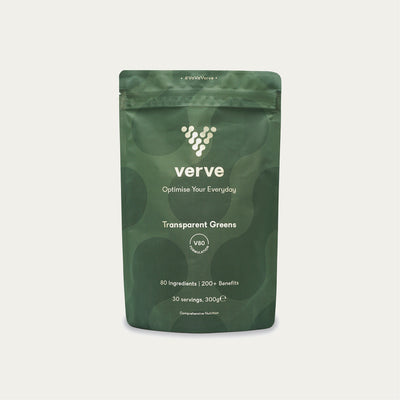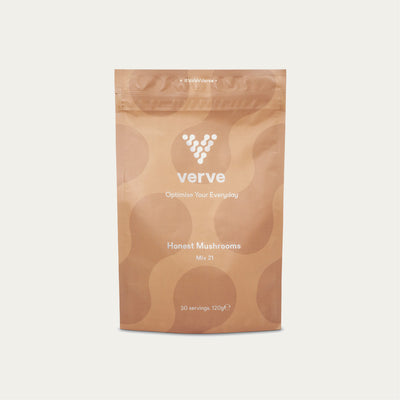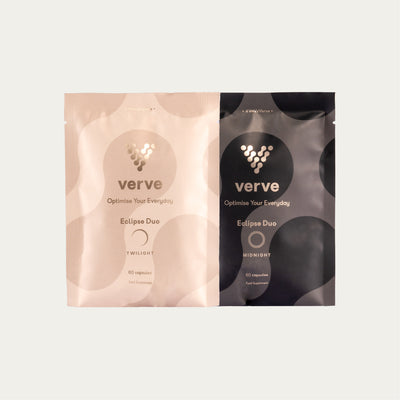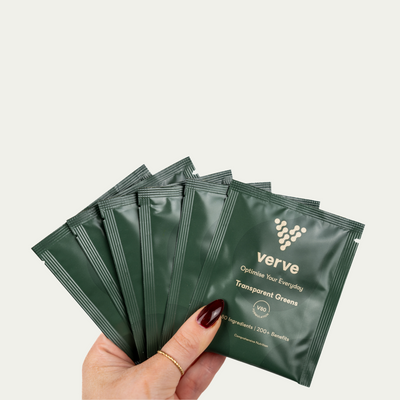1. Changes in Posture
Significant weight loss can alter your body’s centre of gravity and posture. As your body adjusts to a lighter weight, your posture might change, leading to mechanical stress on your spine and surrounding muscles.
To put this into further context, imagine a group of 1000 people carrying a ship.
Now imagine that one part of the ship gets removed and the total weight decreases, but for that to happen it’s put in a different position. Due to everyone being used to the old position, it might take some time to adjust for some.
And it’s the same with your spine.
This adjustment period can cause discomfort and back pain as your body finds a new balance.
2. Loss of Muscle Mass
One of the primary reasons for back pain during weight loss is the loss of muscle mass.
When you lose weight rapidly, it’s sometimes not just fat that you’re shedding but also muscle.
The muscles in your back play a crucial role in supporting your spine and overall posture.
A reduction in muscle mass can lead to weaker muscles, making it harder for your body to maintain proper alignment and support, eventually leading to back pain.
3. Increased Physical Activity
With weight loss often comes an increase in physical activity. While exercise is beneficial for health, overexertion or improper form during workouts can lead to back strain. It’s essential to ensure that you’re performing exercises correctly and not pushing your body beyond its limits.
4. Improper Form During Exercises
When you increase your level of physical activity, especially with exercises you might not be familiar with, using improper form can lead to significant strain on your back.
Exercises like lifting weights (especially compound movements like the squat or deadlift), planks, or even running can cause back pain if not performed correctly. It’s important to focus on your technique.
Don’t be afraid to pull up a quick tutorial before the exercise or experiment with lower weight.
5. Nutrient Deficiencies
Weight loss, especially when achieved through restrictive diets, can lead to nutrient deficiencies.
Essential nutrients like calcium, magnesium, and vitamin D are vital for bone health and muscle function. A deficiency in these nutrients can weaken your bones and muscles, putting additional strain on your back and leading to pain.
Related: How To Get All Your Nutrients on a Calorie Deficit










